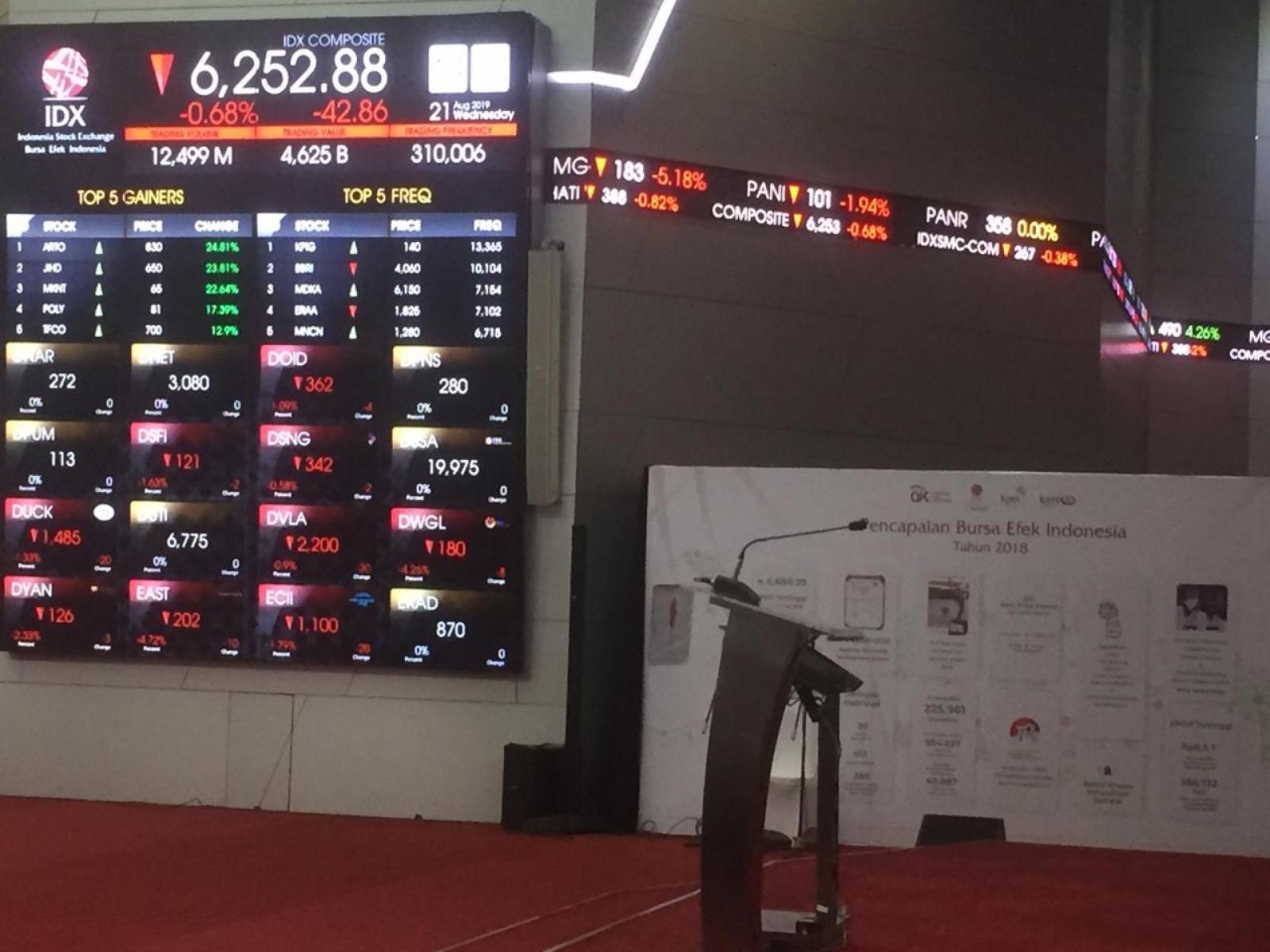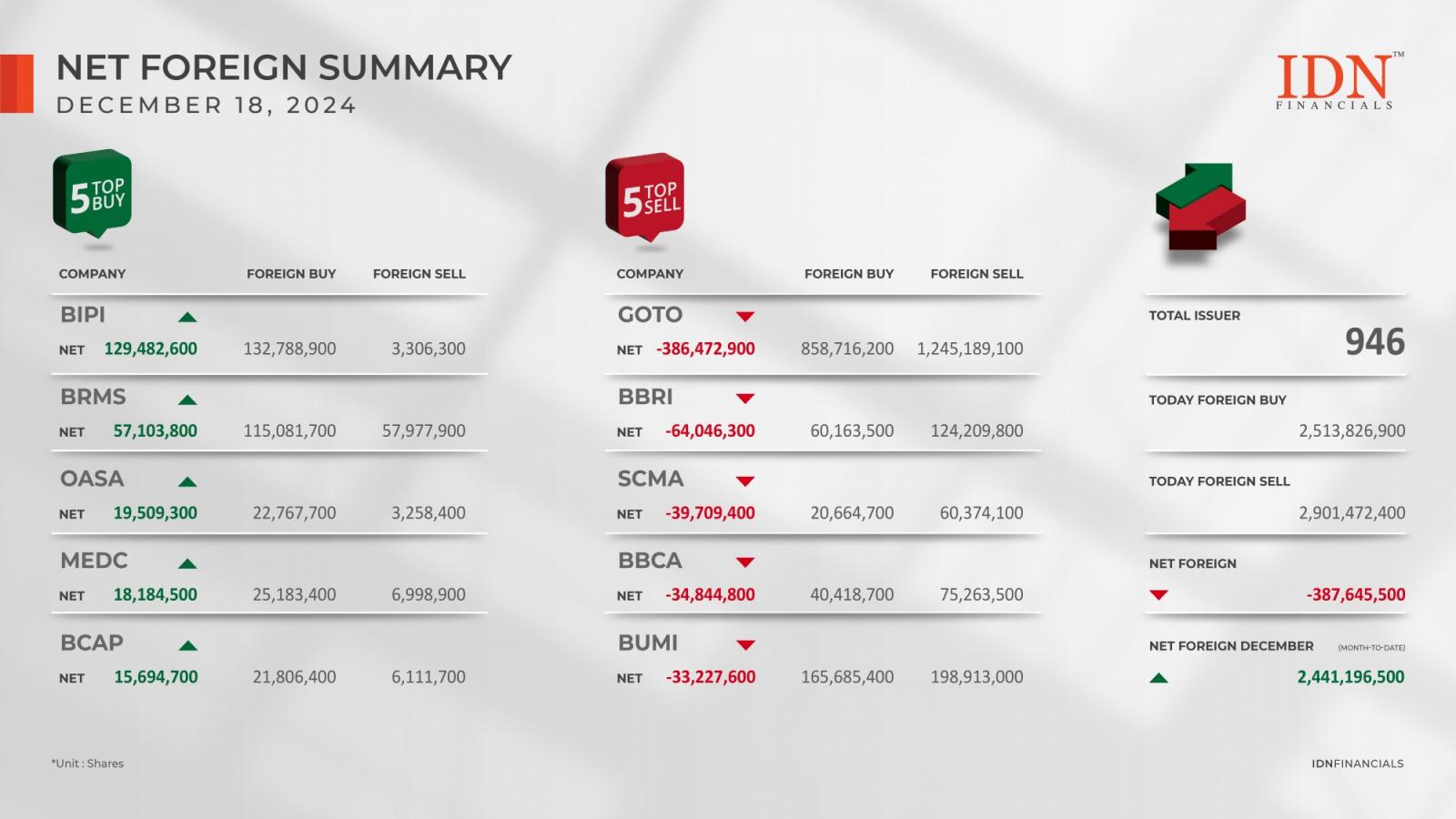Quiver Quantitative - Tesla (NASDAQ:TSLA) has recently faced a significant shift in market perception, with analysts downgrading the stock amid concerns over slowing electric vehicle (EV) demand. Wells Fargo analyst Colin Langan predicts not just stagnant growth for Tesla this year but an actual decline in sales volumes by 2025. This pessimistic outlook has impacted Tesla’s shares, which fell 4.5% to close at a 10-month low. Despite a broader market rally, Tesla\'s stock has declined 32% this year, reflecting growing skepticism about its ability to sustain its previously rapid growth rate.
Tesla’s high valuation has long been justified by its aggressive growth in revenue and profit. However, this pace has decelerated significantly since last year, leading to a reassessment of its worth in the market. \"Right now, the market is voting and telling us that it believes Tesla does not currently deserve that high valuation,” remarked Adam Sarhan of 50 Park Investments. The recent alarm bells from Wall Street follow disappointing delivery numbers from China, European data, and production disruptions in Berlin.
Market Overview:
-Tesla Growth Prospects Plummet: Analyst downgrades predict stagnant sales in 2024 and a decrease in 2025, raising concerns about Tesla\'s future trajectory.
-Stock Price Slides: Shares fall 4.5% to a 10-month low on the downgrade news, widening the gap against the broader market rally.
-Valuation Concerns Mount: Tesla\'s high valuation, previously justified by explosive growth, is now under scrutiny with slowing sales and profits.
Key Points:
-Grim Sales Forecast: Wells Fargo analyst downgrades Tesla to \"sell\" and predicts zero sales growth in 2024 and a decline in 2025.
-Shares Hit 10-Month Low: Tesla stock price falls 4.5% after the downgrade, underperforming the broader market rally.
-Valuation Under Pressure: Tesla\'s high valuation relative to slowing growth raises concerns among investors.
-Musk\'s Price Cuts Falter: Efforts to boost demand through price reductions appear to be losing effectiveness.
-EV Market Uncertainty: Weakening demand in the electric vehicle market weighs heavily on Tesla\'s prospects.
Looking Ahead:
-Tesla Needs a Catalyst: The market demands a positive development to reignite investor enthusiasm after a string of bearish indicators.
-EV Demand Uncertainty: Concerns about weakening electric vehicle demand weigh heavily on both Tesla and the broader sector.
-Musk\'s Wealth Shrinks: Tesla\'s stock decline contributes to a decrease in Elon Musk\'s net worth.
Tesla\'s strategy of lowering prices to stimulate demand seems to be losing effectiveness. Langan downgraded Tesla to the equivalent of a sell rating, noting moderated growth in core markets and falling prices. Tesla’s troubles and the broader EV industry\'s challenges became evident last October when Tesla warned about a slowdown in demand. This downward trend was confirmed in January when Tesla forecasted notably lower growth for the year. As a pure-play EV company with a high valuation, Tesla’s stock has been particularly hard hit by these developments.
Looking forward, Tesla’s valuation still remains high at about 55 times its forward earnings, compared to an average of about 31 for the Bloomberg Magnificent 7 Price Return Index. The significant reduction in market value has had notable effects, including Elon Musk losing his status as the “world’s richest man.” Analysts have adjusted profit estimates for Tesla downward, reflecting growing concerns over the future growth and profitability of the EV giant. This change in narrative from electrification to other themes like artificial intelligence and ESG further challenges Tesla’s historical valuation premium.
This article was originally published on Quiver Quantitative





